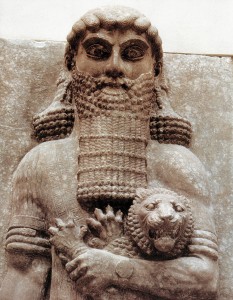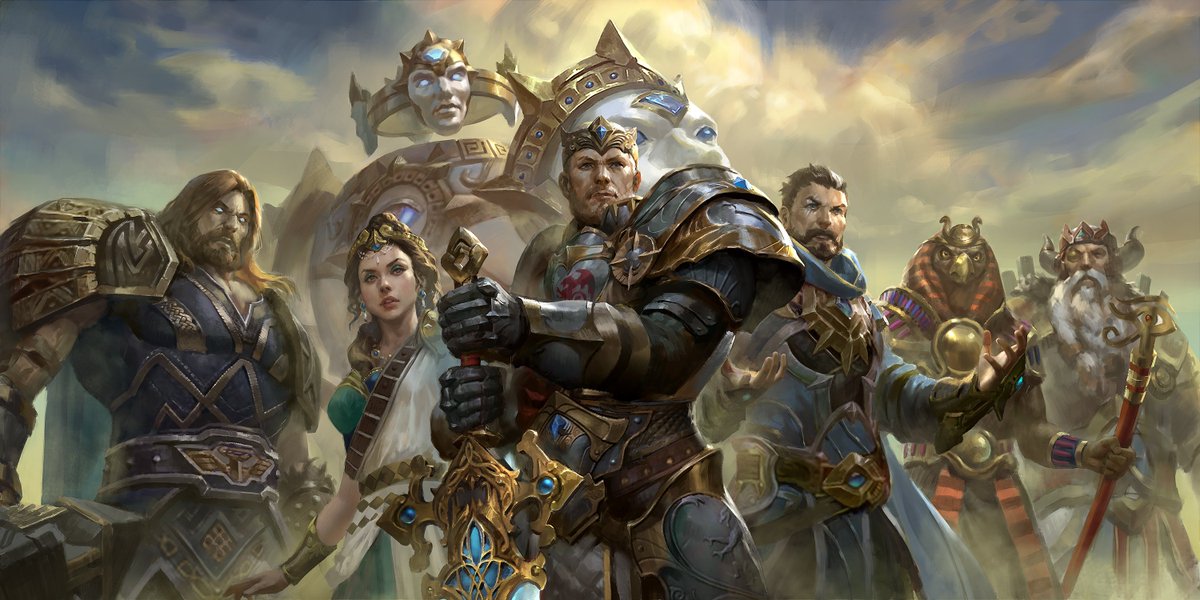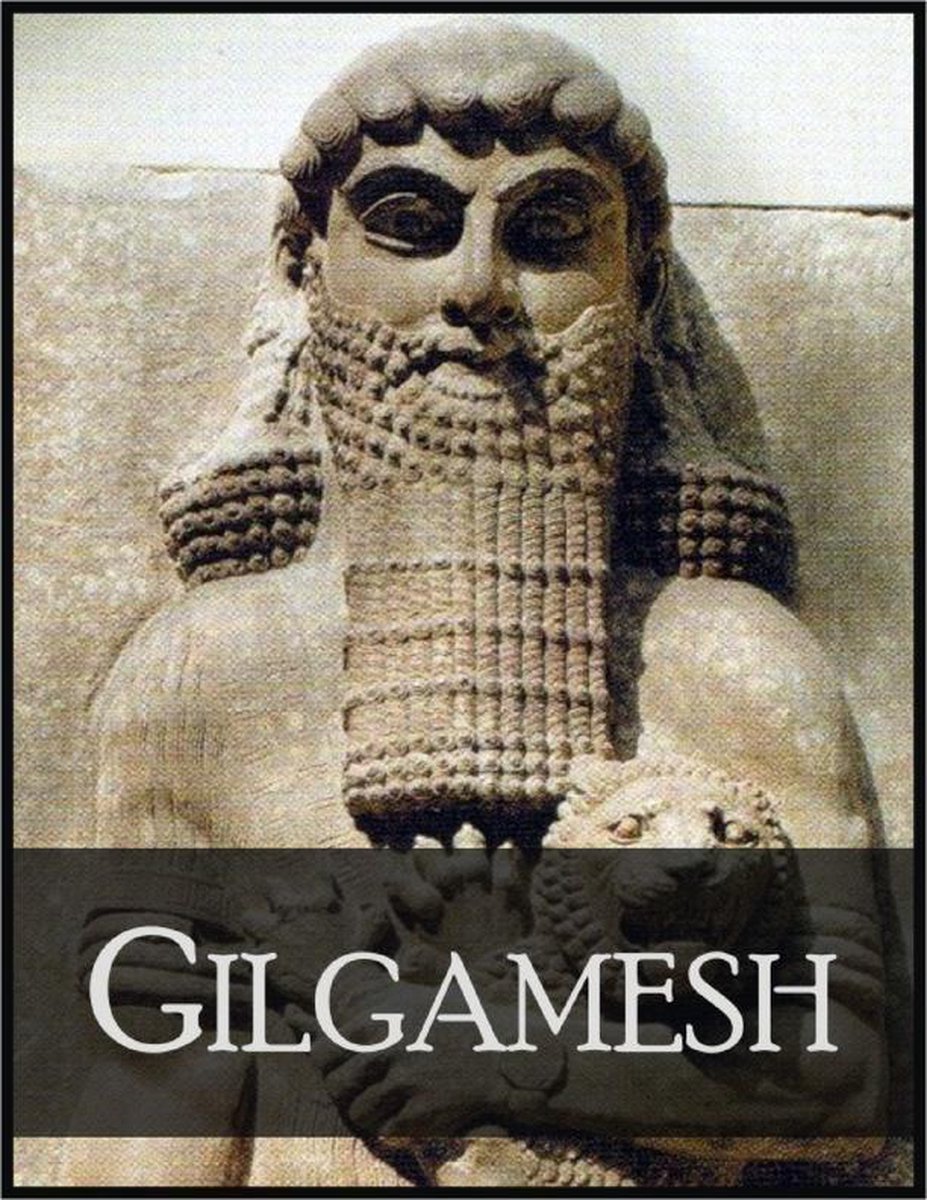
It then describes the great city of Uruk and the walls built by Gilgamesh (Uruk-Biblical Erech-was once the world’s greatest ancient city, located on the old course of the Euphrates in southern Iraq). In Book I, Gilgamesh is introduced as, “He who saw the deep, the foundations of the land”-a king who has travelled far and learned wisdom and knowledge of all things. It is a story of love and comradeship, arrogance and uncertainty, wisdom and folly, impetuosity and determination, immortality and the inevitability of death. The narrative is divided into eleven books comprising about 3,000 lines in total. It was first composed in ancient Mesopotamia during the early second millennium BC, in the Akkadian language, and an excellent translation is given by Andrew George (Penguin Classics 1999). Gilgamesh refuses with insults, listing all the mortal lovers that Ishtar has had and recounting the dire fates they all met with at her hands.The Epic of Gilgamesh is one of the great works of literature, and one of the oldest. They build a raft out of the cedar and float down the Euphrates to their city.Īfter these events, Gilgamesh, his fame widespread and his fame resplendent in his wealthy clothes, attracts the sexual attention of the goddess Ishtar, who comes to Gilgamesh and offers to become his lover. Gilgamesh and Enkidu cut down the cedar forest and in particular the tallest of the cedar trees to make a great cedar gate for the city of Nippur. But before he dies, Humbaba screams out a curse on Enkidu: “Of you two, may Enkidu not live the longer, may Enkidu not find any peace in this world!” Soon later Enkidu becomes sick and dies. Gilgamesh, with a great sweep of his sword, removes Humbaba’s head. On his knees, with Gilgamesh’s sword at his throat, Humbaba begs for his life and offers Gilgamesh all the trees in the forest and his eternal servitude. Shamash intrudes on the battle, helping the pair, and Humbaba is defeated. the two begin their epic battle with Humbaba. Hearing the sound, Humbaba comes roaring up to them and warns them off.

Gilgamesh and Enkidu enter the gloriously beautiful Cedar Forest and begin to cut down the trees. On the one part of the tablet still remaining, Gilgamesh convinces Enkidu that they should stand together against the demon.

A large part of the tablet is missing here. Hearing the crash of their fighting, Humbaba comes stalking out of the Cedar Forest to challenge the intruders. Enkidu loses his courage and turns back Gilgamesh falls on him and they have a great fight. The demon Humbaba wears seven coats of armor, but now he is only wearing one, so he is particularly vulnerable. Shamash calls down from heaven, ordering him to enter the forest because Humbaba is not wearing all his armor. Enkidu interprets the dream for Gilgamesh: the dream means that Shamash, the bull, will protect Gilgamesh.Īt the entrance to the Cedar Forest, Gilgamesh begins to quake with fear he prays to Shamash, reminding him that he had promised Ninsun that he would be safe. In the second, Gilgamesh dreams that he wrestles a great bull that splits the ground with his breath.

On each day of the six-day journey, Gilgamesh prays to Shamash in response to these prayers, Shamash sends Gilgamesh oracular dreams during the night.

Tablet four tells the story of the journey to the Cedar Forest. In the epic, Gilgamesh is a demigod of superhuman strength who builds the city walls of Uruk to defend his people and travels to meet the sage Utnapishtim, who survived the Great Flood. Gilgamesh is the semi mythical king of Uruk best known as the main character in the Epic of Gilgamesh (written c. 2150-1400 BCE), an Akkadian poem that is considered the first great work of literature, and in earlier Sumerian poems. The Cedar Forest is described in Tablets 4-6 of the great Epic of Gilgamesh.Įarly translators of the Epic assumed that the “Cedar Forest” refers to the Lebanon Cedars. It is guarded by the demigod Humbaba and was once entered by the hero Gilgamesh who dared cut down trees from its virgin stands during his quest for fame. The Cedar Forest is the glorious realm of the gods of Mesopotamian mythology.


 0 kommentar(er)
0 kommentar(er)
